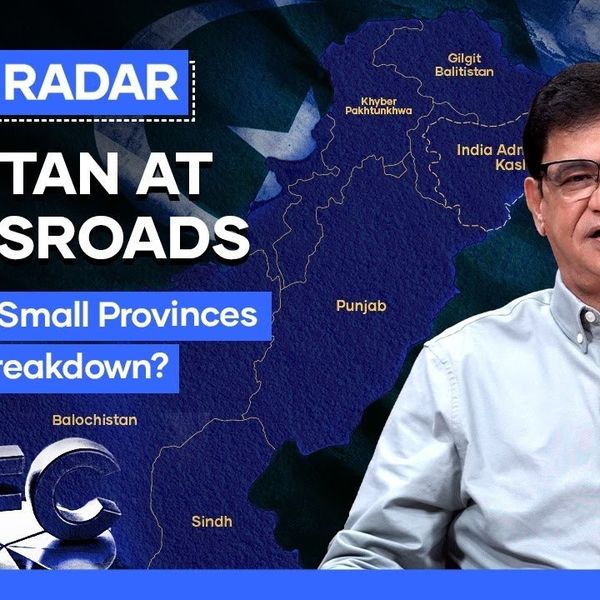Russian lawmakers target income of exiled celebrity critics
Notable 'foreign agents' include writer Boris Akunin, singers Zemfira and Monetochka, and journalist Yury Dud
AFP
News Agency Partner
AFP is a renowned international news agency, delivering comprehensive and reliable reporting on global events, trends, and issues.

Russia's Prime Minister Mikhail Mishustin delivers a speech during a session of the State Duma, the lower house of parliament, in Moscow, Russia.
Reuters
Russian lawmakers approved a bill Wednesday to block exiled well-known cultural figures who criticize the Kremlin from being able to spend money they earn for their work inside Russia.
Dozens of musicians, writers, actors and other performers have left Russia since it launched its military offensive on Ukraine in 2022, drawing scorn and being labelled "traitors" by hardline politicians in Moscow.
MPs in the State Duma, Russia's lower chamber of parliament, voted Wednesday for measures that would block exiled figures who have been labelled "foreign agents" from accessing any royalty payments they receive in Russia.
"Foreign agents will no longer be able to enrich themselves at the expense of the country and its citizens," State Duma Speaker Vyacheslav Volodin said in a post on Telegram.
"The measures being taken are aimed at stopping the enrichment of traitors," he added.
Any funds received would be held in special bank accounts and unusable until the individual is removed from Moscow's "foreign agent" list.
Lawmakers backed the proposal unanimously in its first reading in the Duma.
Russia has named 493 people "foreign agents" -- a label that has Soviet-era connotations of spying and has been used to target celebrity critics of the regime and the Ukraine offensive.
High-profile cultural figures on the list include writer Boris Akunin, singers Zemfira and Monetochka, and YouTuber and journalist Yury Dud.
Russia passed its foreign agent law in 2012 and forces people designated as such to affix a disclaimer to any public statements they made in a bid to undermine their legitimacy.
But Moscow has lately beefed up the rules, outlawing advertising with foreign agents and now targeting their cultural earnings.
Russia has also prosecuted people for alleged violations of the "foreign agent" law -- either for not submitting required financial reports or for performing activity that requires them to self-register.










Comments
See what people are discussing